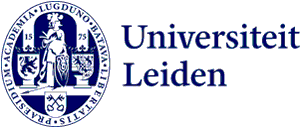2 search results for “ai for humans society and science” in the Staff website
-
From lone genius to cocreator: how AI is changing the role of composers
Who is the real creator when a musician uses AI? This was the burning question for Adam Lukawski, himself a composer. During a fascinating premiere at Amare, The Hague’s cultural hub, he demonstrated what cocreation sounds like.
-
Fourteen Leiden University researchers receive Vidi grant
The Dutch Research Council (NWO) has awarded Vidi grants to 14 Leiden researchers. This grant of a maximum of 850,000 euros will enable them to start a new research group and develop their own line of research over the next five years.
